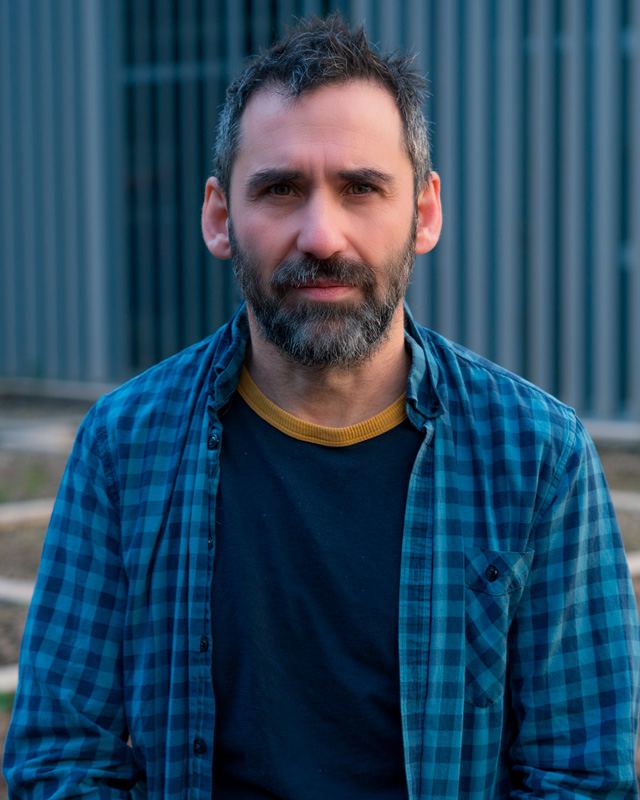Meet
The Consortium
Digital language and communication training
for EU scientists
Campus Iberus (Spain)
Campus Iberus Consortium involves members from University of La Rioja and University of Zaragoza, Spain. They carry out multidisciplinary research on digital science communication online. They contribute expertise in applied linguistics, discourse analysis, languages for specific purposes, rhetoric, communication, biology, chemistry, mathematicians and computer science.
The role of Campus Iberus Consortium is to coordinate all other WPs. It maintains regular meetings with the partners, sets up indicators and management-related action plans, communicates with funding agencies and manages budget-related tasks. It develops promotional materials (project leaflets, infographics) in several languages and supports all the dissemination of the project activities and results.








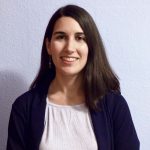





Université de Bordeaux (Aquitaine. France)
Université de Bordeaux in France carries out research on scientific discourse, focusing on the rhetorical strategies and linguistic features of various genres. Their analysis of communicative strategies and language clusters informs course design for blended learning courses and a genre and task-based approach. They have experience in developing digital educational resources.
Université de Bordeaux leads the activities related to the identification of language and communication needs of STEM scientists and best practices in science communication online. It contributes the creation of an online inventory of good practices in public communication of science using digital media, and a gallery of EU female scientists’ testimonials.
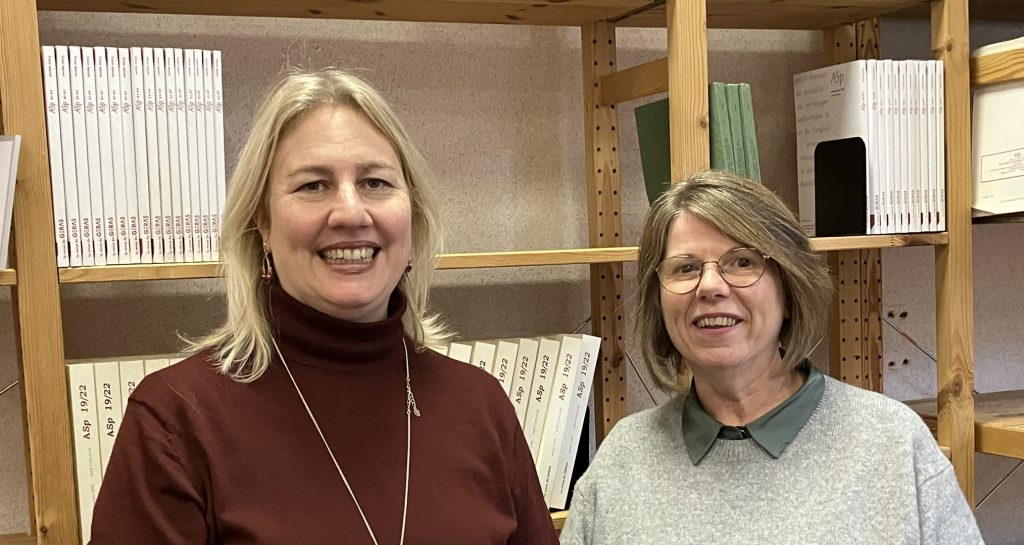
Univesité Clermont Auvergne (Auvergne. France)
Université Clermont Auvergne in France specialises in ethnographically-oriented research on interactions between sociocultural context and communication practices in academic, scientific or professional contexts. It examines situated communication practices, whether written, oral, or multimodal. This research informs the conception of academic, scientific and/or professional development materials and programs.
Université Clermont Auvergne leads the ethnographic study on digital science communication practices, involving collecting data from interviews and focus groups with STEM scientists. It is responsible for designing the interview and focus group protocols and guiding the partners along the different stages of the ethnographic study (recruitment of volunteers, procedures for interviews and focus groups, preparation of report with main results)
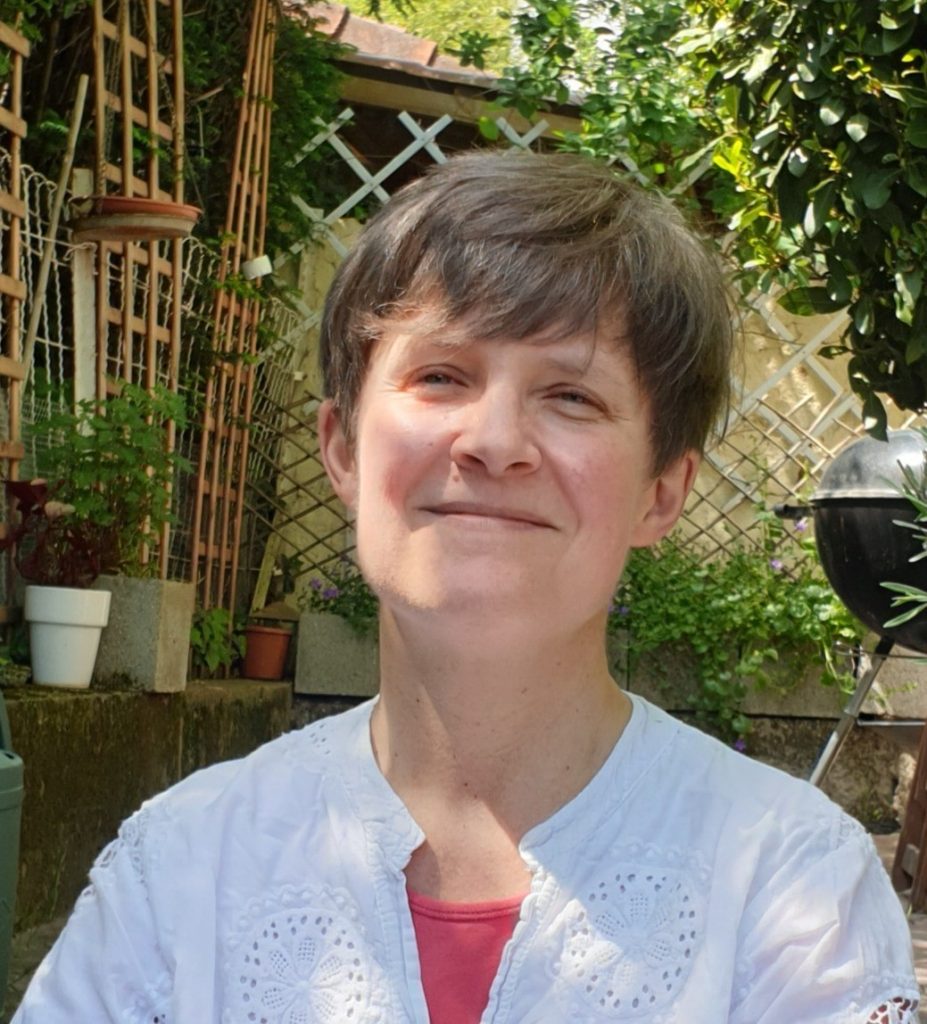
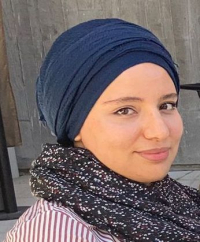
Academia de Studii Economice din Bucuresti (Romania)
Academia de Studii Economice din Bucuresti Romania, specialises in teaching/learning and research activities in academic languages and across disciplinary specialisations. It contributes specialisation in applied linguistics, genre analysis and corpus linguistics, course design, and self-evaluation frameworks for teachers and language learners, as well as online teaching and the use of digital tools for facilitating learning. It also contributes expertise in research methods, in particular qualitative analysis, with a focus on exploring the stakeholders’ communication practices and self-perceived improvement needs.
Academia de Studii Economice din Bucuresti leads the piloting and implementation of the training on digital science communication, ensuring that it is inclusive of both STEM and non-STEM scientists.
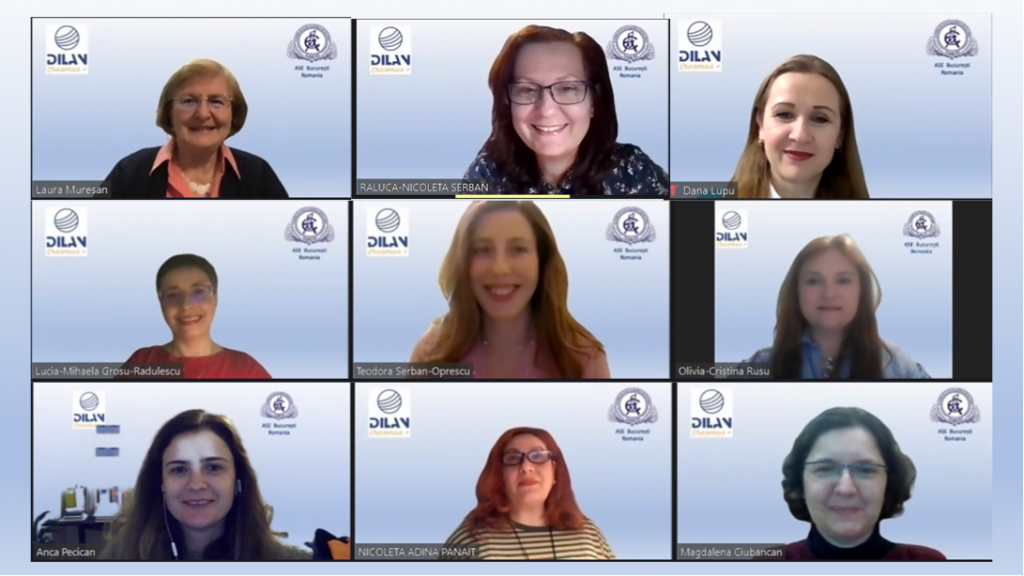
Universitatea Ovidius din Constanta (Romania)
Universitatea Ovidius din Constanta Romania contributes multidisciplinary expertise in a wide range of teaching and research fields. These include: academic and research discourse, computer-mediated communication, pragmatics, pragmasemiotics, corpus linguistics, sociolinguistics, conversation analysis, cyber-pragmatics, code-switching and linguistic variation and change, intellectual history of the 20th century and comparative theoretical studies.
Universitatea Ovidius din Constanta also coordinates the piloting and implementation of the training and the preparation of guidelines for trainers. This coordination draws on expertise in innovative curriculum materials and project-based experience in educational technologies and digital libraries of scientific resources. The main focus is on teacher knowledge of how the materials might develop student reasoning around key linguistic concepts.
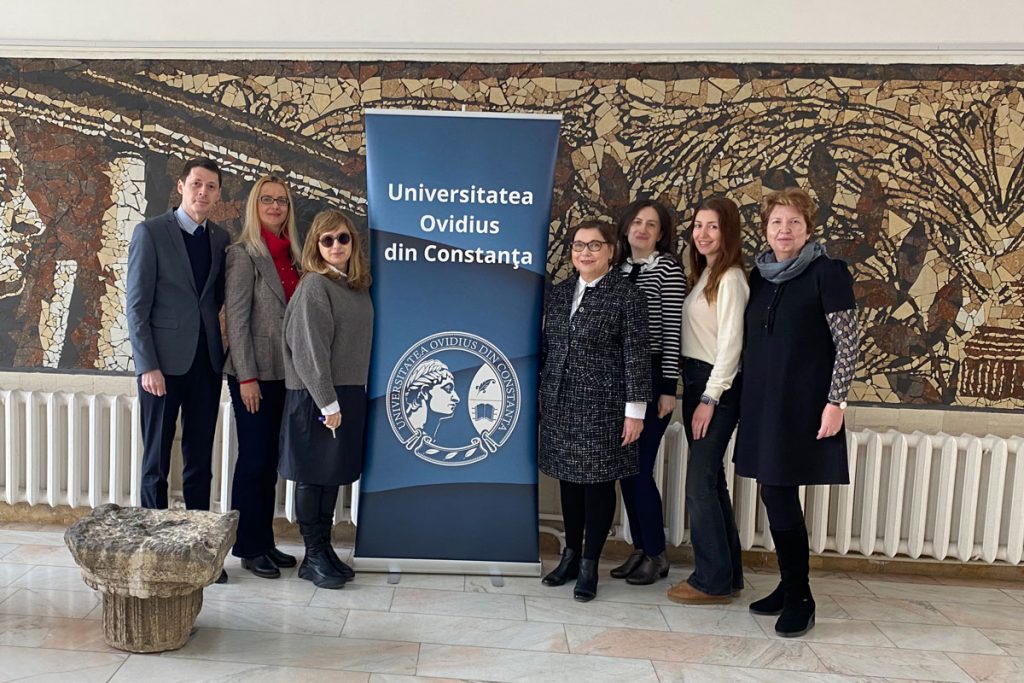
Oslomet (Norway)
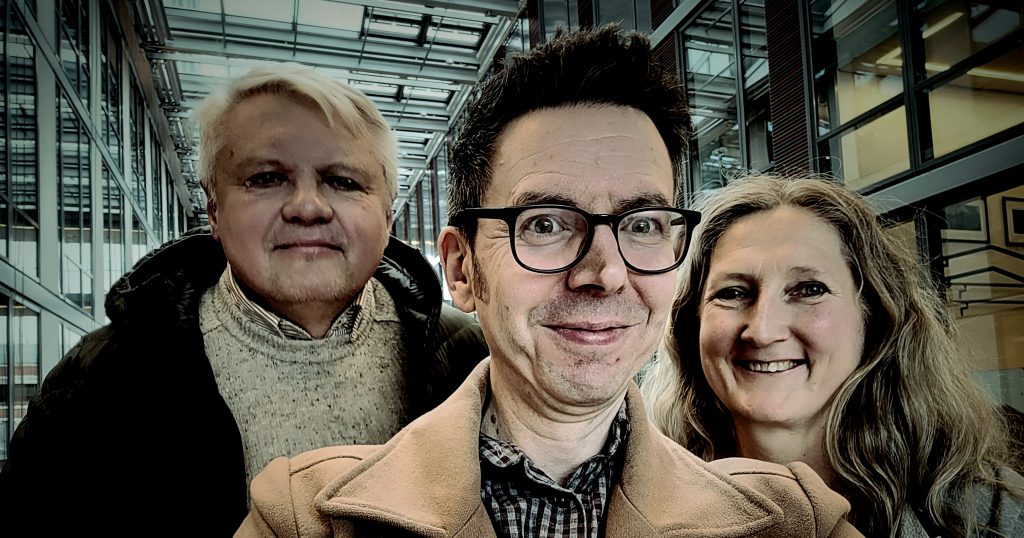
OsloMet (Norway) contributes research and teaching expertise in technical and scientific communication, and online and hybrid courses and training programs. It also contributes expertise in user-centered design, user experience research, user-interface design, and in interactive learning interface design and several learning management systems.
OsloMet leads the design of the digital instructional materials and the two course types (an online course and a MOOC) informed by the results of the ethnographic study. It also leads the curation of existing resources on digital scientific and technical communication. OsloMet also works closely with Fundación Ibercivis to develop the technological infrastructure that supports the two course types.
Kampal Data Solutions (Spain)
Kampal Data Solutions contributes expertise in exploiting research results using Artificial Intelligence (AI) to extract knowledge from the data, supporting entities in their management and decision-making strategies. It carries out analyses of large and heterogeneous datasets, and in patterns of collaboration and knowledge networks.
The role of Kampal Data Solutions is to use AI to track the scientific publications of the selected scientists to analyse their research ecosystem, identify their role within their community and their collaborations. To evaluate the effectiveness of the training it will also develop manual analysis of the scientists’ social media activity and analyse the citation impact of their publications before and after the training.

Fundación Ibercivis (Spain)
Fundacion Ibercivis is the national private non-for-profit foundation devoted to citizen science in Spain. It supports and promotes the general public engagement in science for research and educational purposes at local, national and international levels. Ibercivis contributes expertise in citizen science by creating and promoting research projects in which citizens actively collaborate in different ways (distributed computing, collective intelligence, maker projects).
Fundacion Ibercivis leads the development of the project website and the construction of the technological infrastructure (e-platform) that supports the project’s results and activities. The foundation has its own technical resources and hosting infrastructure for the training platform, which ensures its maintenance and sustainability over time.
